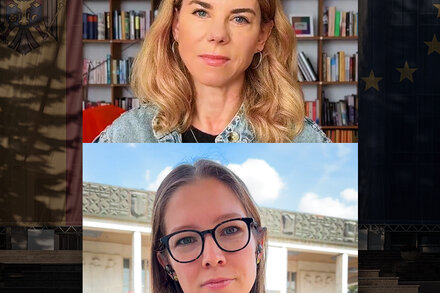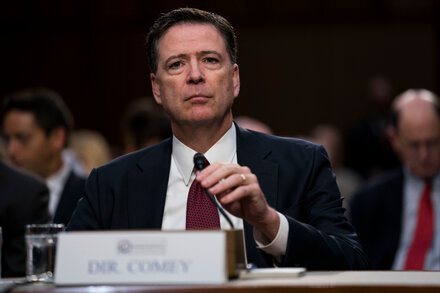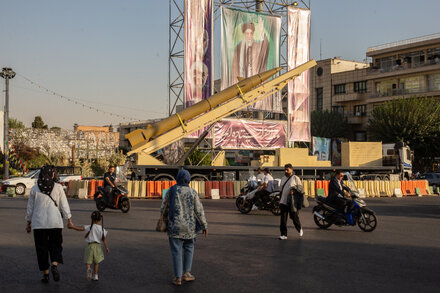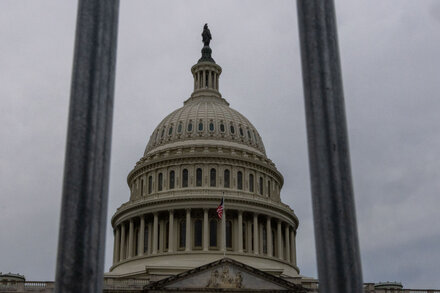
Chisinau, Moldova – Elections in Moldova, whether presidential, parliamentary, or local, consistently draw significant international attention, reflecting the nation’s pivotal geopolitical position and the broader struggle for influence in Eastern Europe. Situated between Ukraine and EU member state Romania, Moldova’s political trajectory holds substantial implications for the stability, security, and future orientation of the European continent.
Since gaining EU candidate status in June 2022, Moldova has intensified its efforts toward European integration. The pro-Western government, led by President Maia Sandu, has championed reforms aimed at combating corruption, strengthening democratic institutions, and aligning the country’s legislation with European Union standards. These reforms are critical benchmarks for advancing its accession process.
The stakes are particularly high for Europe, which views Moldova as a crucial bulwark against Russian influence in its immediate neighborhood. A stable, democratic, and European-oriented Moldova contributes to a more secure Eastern flank for the EU and NATO, while a destabilized Moldova could open new avenues for Russian projection of power, potentially impacting regional security.
The Battle for Geopolitical Orientation
Moldovan politics are often characterized by a stark divide between pro-European and pro-Russian factions. Elections become a contest over the country’s fundamental geopolitical orientation. A victory for pro-European forces reinforces Moldova’s commitment to the West, bolstering the EU’s enlargement policy and its vision for a continent whole, free, and at peace.
Conversely, a shift towards pro-Russian leadership could stall or reverse EU integration, potentially leading to a re-evaluation of Moldova’s foreign policy and an increased susceptibility to Moscow’s political and economic leverage. This scenario would pose a significant challenge to European security frameworks, particularly given the ongoing conflict in neighboring Ukraine.
“Moldova’s electoral cycles are not just internal affairs; they are litmus tests for the resilience of democratic processes in Europe’s immediate periphery,” stated a political analyst recently. “The outcome shapes not only Chisinau’s future but also the confidence in the EU’s ability to project stability and its values eastward.”
Addressing Russian Influence and Hybrid Threats
Russia maintains a significant, often destabilizing, presence in Moldova, notably through its support for the breakaway region of Transnistria, where Russian troops are stationed. Moscow also exerts influence through energy supplies, disinformation campaigns, and attempts to exploit social divisions. Moldovan elections are frequently targeted by hybrid threats, including cyberattacks and propaganda, aimed at undermining pro-European candidates and institutions.
For Europe, supporting Moldova’s democratic elections and its fight against disinformation is a critical component of its strategy to counter Russian aggression and protect democratic norms. The ability of Moldovan authorities to conduct free and fair elections, resist foreign interference, and uphold the rule of law is therefore a key indicator of its, and by extension Europe’s, resilience.
Economic Stability and Regional Security
Moldova is one of Europe’s poorest countries, heavily reliant on remittances and facing significant economic challenges, including high energy costs. Pro-European policies often emphasize economic reforms, attracting foreign investment, and integrating into the European single market as pathways to prosperity. The success or failure of these policies, and their endorsement by the electorate, has direct implications for the country’s economic stability, which in turn affects regional security.
Elections in Moldova are thus more than just domestic political contests. They are crucial junctures that reflect the broader geopolitical currents shaping Eastern Europe, the effectiveness of the EU’s enlargement policy, and the ongoing struggle between democratic values and authoritarian influence on the continent’s doorstep.
Source: Read the original article here.





